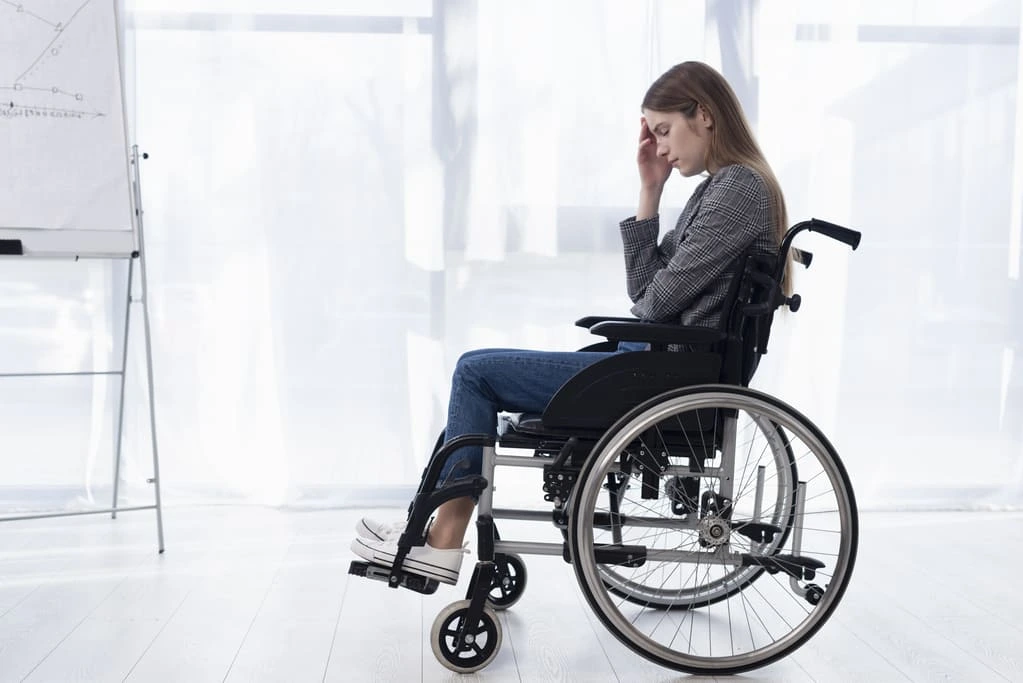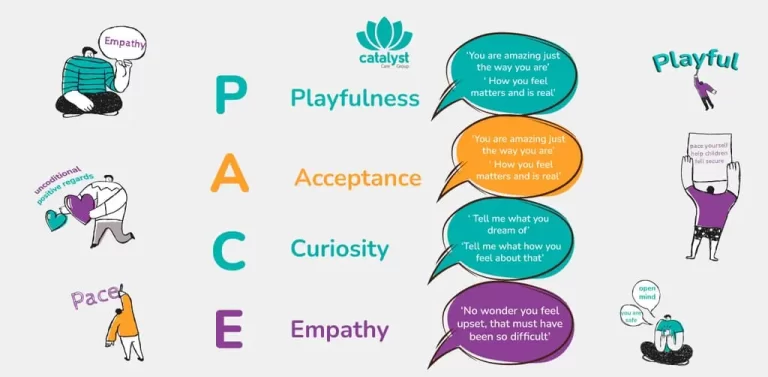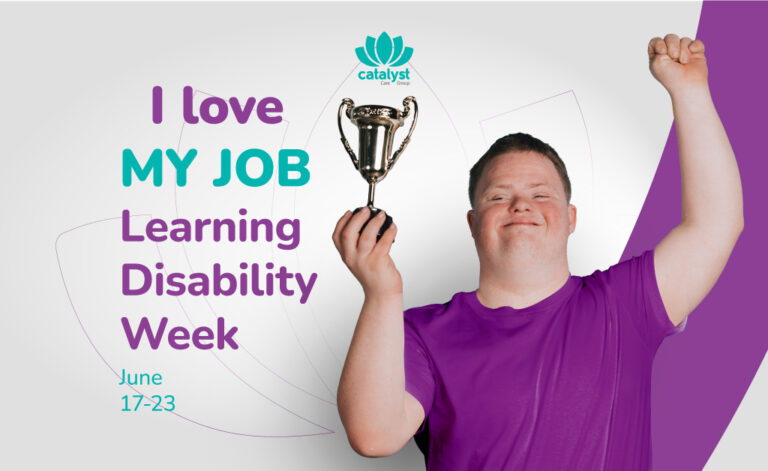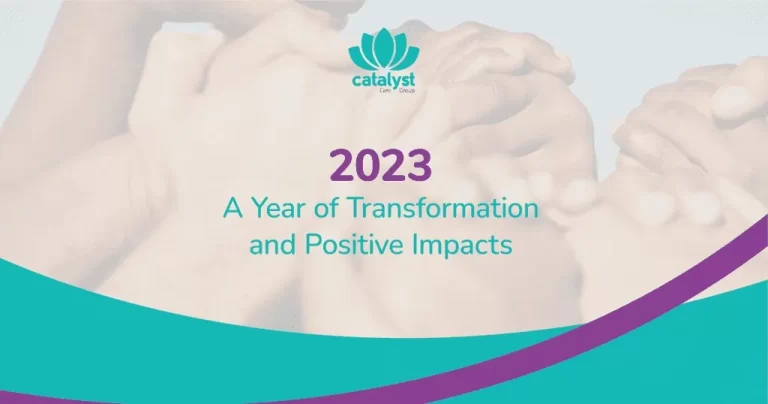Empowering people with physical disability to nurture their mental health and well-being is essential for improving their overall quality of life. Read more about the impact of physical disabilities on mental health and how to find quality care and support services that will support you in achieving your goals and aspirations.
The Link Between Physical Disability and Mental Health
Every year, 1 in 4 people in the UK experience a mental health challenge. While the incidence of mental health difficulties is on the rise, the number of people who have access to quality mental health services is still limited. This indicates a lack of funding and that the stigma around a range of mental health conditions remains, and many people are not able to receive the help and support they need.
Mental health is a universal human right, and every individual, regardless of age, gender, social or ethnic background, has the right to access humanised and quality mental health services. Mental health awareness is central to educating people about the importance of emotional and mental well-being. Showing understanding and acceptance can help remove stigma and discrimination and empower people to ask for support, and manage mental health challenges successfully.
This is particularly important for people with physical disabilities and mental health challenges. People with disabilities deserve good psychological and physical health with access to proper assessment and support, and society must provide proactive accommodations.
What Is Physical Disability?
Physical disability is defined as a limitation on a person’s mobility and physical functioning that has a substantial and long-term effect on the quality of their life. Speech, hearing and vision impediments are also part of physical disability. In the UK, 16 million people are living with a disability.
Physical disability may be caused by a range of factors, including:
- Cerebral palsy
- Spinal cord injury
- Acquired brain injury
- Motor neurone disease (MND)
- Muscular dystrophy
- Multiple sclerosis (MS)
- Parkinson’s disease
- Other neurodevelopmental differences
Physical adaptations in the workplace, including adapted vehicles and means of transportation, are usually available for people with disabilities at work. In most cases, these services include continuous supervision to ensure everything’s well arranged.
It should be noted that the workplace doesn’t necessarily have to be at the office; it can be at home, too.
The Role of Support Workers in Improving Mental Health for Individuals with Physical Disabilities
Support workers have the expertise and experience to support people with dignity and respect. Their role includes providing person-centred and holistic care, including physical and mental health support.
A committed support worker makes sure that the person is being heard, valued and respected. When supporting people with disabilities, a support worker is skilled in identifying the skills and strengths of every individual, empowering them to live as independent lives as possible.
The role of a support worker is to enable people to transform their lives by providing:
- Integrated care
- Empathy and compassion
- An open mind and assistive attitude
- Clear communication and responsiveness
- Empowerment to help people make their own choices
- Trusting relationships
- Positive attitude
- Self-awareness
At Catalyst Care Group, clinicians and support workers undergo a special mandatory training program, ensuring that every care practitioner is well-trained in respecting people’s human rights while delivering care and support. Providing assistance beyond basic needs is central to our organisation, and that’s what sets us apart.

Common Mental Health Issues Experienced by Individuals with Physical Disabilities
Most people struggle with mental health challenges at some point in their lives. For people with physical disability, maintaining mental health can be even more difficult due to a complex set of factors, including developing anxiety or depression due to sudden life changes or a lack of social inclusion.
A lack of accommodations can affect an individual’s self-esteem and can also affect people’s social lives. For example, students may have a limited choice of university and education due to inaccessible buildings which are not accommodated for people with physical disability.
Below, we will discuss the major factors affecting the mental health of people with physical disabilities:
Social Barriers
Public attitudes developed on prejudice and stereotypes pose a barrier to equal social inclusion in the community. This can greatly impact the mental well-being of people with physical disabilities and cause mental health challenges.
Loneliness and Isolation
Socialisation is a fundamental aspect of people’s lives. In many cases, individuals with mental or physical challenges feel socially isolated. This is often due to the limited accessibility to social events and gatherings, along with the attitudinal barriers by the community. Spending too much time alone and socially isolated can lead to anxiety, depression and additional physical health difficulties.
Lack of Integrated Care
Physical care is frequently the main and only focus in the treatment of physical disabilities. Therefore, most people don’t have access to the mental health support necessary for a person’s overall well-being. The lack of integrated care can potentially lead to developing mental health issues like anxiety, depression and similar.
Common mental health challenges among people with physical disabilities include:
- Stress and anxiety
- Depression
- Posttraumatic stress disorder (PTSD)
- Identity and anger challenges
- Relationship difficulties
The Importance of Maintaining Mental Well-being With a Physical Disability
Maintaining mental well-being is paramount for individuals with physical disabilities. The psychological impact of a disability cannot be understated, as it shapes people’s lives, influencing self-esteem, body image, and overall mental health. Coping with challenges and barriers often triggers stress, anxiety, and depression, necessitating a focus on mental well-being.
Moreover, people with physical disabilities often face accessibility challenges in society. Navigating these obstacles can be emotionally overwhelming, emphasising the need for mental health support and an empathetic and compassionate approach. Recognising and addressing the psychological impact of physical disabilities is essential for fostering a holistic approach to health and well-being.
The Effects of Stigma and Discrimination on Mental Health for Individuals with Physical Disabilities
Stigma and discrimination take a heavy toll on the mental health of individuals with physical disabilities. Enduring societal biases and unfair treatment can lead to feelings of shame, low self-esteem, and depression. Individuals often face barriers to social inclusion and opportunities, exacerbating feelings of isolation and depression. The cumulative impact of stigma and discrimination underscores the urgent need for inclusive attitudes and policies that promote dignity and equal opportunities for all.
At Catalyst Care Group, We Are Focused on the Mental Health and Well-Being of Individuals With Physical Disabilities
If you are struggling with emotional difficulties and living with a physical disability, you’re not alone.
Catalyst Care Group provides holistic and integrated care to people with complex care needs. Our clinicians approach their work with compassion and a humanised approach, providing assistance in the most helpful way possible. We focus on empowering people to transform their lives and make informed decisions to reach their full potential.
As a house of brands, we provide active 24/7 support, seven days a week, for children, students and adults with physical disabilities. We also focus on people’s mental health by giving emotional support, empathy and comprehensive care.
Our bespoke support plans include individual daily activities for promoting better physical and mental health to people with lived experience.
At Catalyst Care Group, we embrace people’s differences and help them live a rewarding life. For more information, get in touch with us today!












